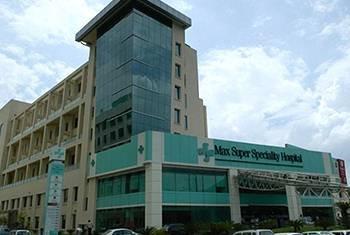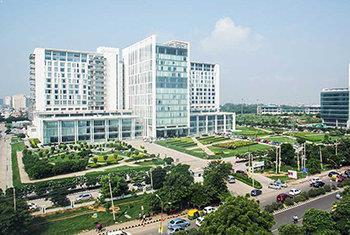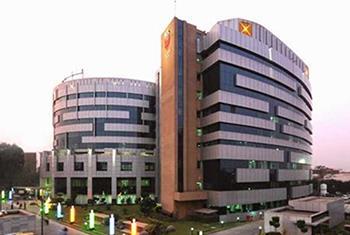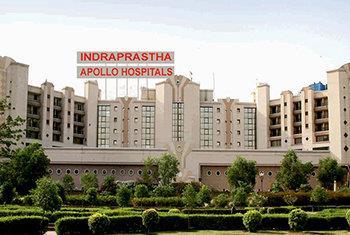Cost of Total Knee Replacement Surgery in India
Unilateral Total knee replacement cost in India starts from USD 4,000. Bilateral Total knee replacement surgery cost in India starts from USD 5,500. This cost is also influenced by several other variables, including the city in which the procedure is performed, the orthopaedic physician and hospital selected, etc.
Factors That Impact Total Knee Replacement Cost in India
The choice of the treatment city
The city in which you receive treatment will determine how much knee replacement surgery costs. In comparison to non-metropolitan areas, it might cost a little bit more in metro areas.
The kind and quality of implants utilized
One of the main factors affecting the surgery’s cost is the kind and quality of the knee implants. The orthopaedic surgeon takes into account several factors, including the extent of joint damage and the degree of movement the patient requires when selecting the best knee implant for the patient.
Hospitalization costs
The duration of the patient’s stay, the preferred type of hospital room, and other factors are included in the hospitalization fees. A deluxe or private room will cost you more than a shared hospital room.
The surgeon’s background
Only a qualified and experienced orthopaedic surgeon should undertake the complex procedure of knee replacement surgery. A more competent orthopaedic surgeon can complete the process much more precisely, protecting the surrounding tissues and facilitating a quicker recovery of joint mobility as well as an extended lifespan for the implant.
The price of medications
After surgery, effective pain management is essential to full recovery. With knee replacement surgery, NSAIDs and other anti-inflammatory medications are used to manage pain.
Treatment of complications following surgery
Comorbid conditions like uncontrolled diabetes or high blood pressure raise the possibility of surgical complications following knee replacement surgery. The patient may need intensive care unit services, blood transfusions, and other procedures if there are any postoperative complications, such as bleeding or infection.
The cost of physical therapy and rehabilitation
To restore joint mobility following knee replacement surgery, the patient will require intensive physical therapy and rehabilitation. The length of the course of treatment, the kind of surgery, the kind of knee implant, and other elements all affect the cost of rehabilitation.
Insurance coverage
The majority of knee replacement procedures are fully or partially covered by insurance. The kind of implant that is covered is another detail that some insurance policies specify. To learn the terms of your insurance policy, get in touch with your provider as soon as possible.







